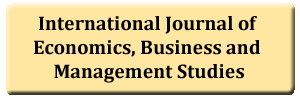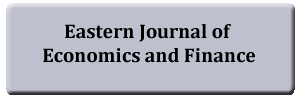A study on entrepreneurial factors of craft artists
DOI:
https://doi.org/10.55284/ajssh.v8i1.894Keywords:
Craft, Cultural and creative industries, Cultural heritage park, Cultural policy, Entrepreneurship, Incubation.Abstract
The Taiwanese government has initiated the establishment of cultural and creative industry parks with the aim of fostering the local cultural economy through the strategy of cultural activities clustering. The Cultural Heritage Park is one such publicly operated park. Since 2016, the park has actively encouraged craft workers to establish their businesses within its premises and provided entrepreneurial development resources. The purpose of this study is to investigate the factors that contribute to the entrepreneurship of craftsmen and evaluate the effectiveness of the government-provided resources. To achieve this, the study employed in-depth interviews and questionnaires administered to administrators of cultural heritage parks and prospective entrepreneurial craftsmen, to explore the public sector's strategies in cultivating entrepreneurship and how entrepreneurial factors are interrelated. The study findings indicate a positive correlation between entrepreneurial prior experience, push and pull factors, motivation, resource utilization, entrepreneurial resources, and entrepreneurial performance. These results offer valuable insights for the public sector to promote entrepreneurship development among craftsmen and effectively manage cultural parks.




